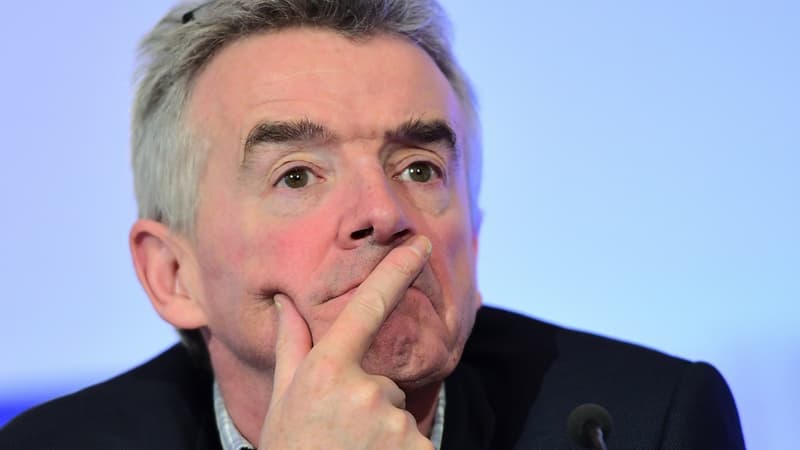Robberies that end in fights are no longer an exception. The latest example to date occurred on a Ryanair flight on July 3 between Agadir in Morocco and London in the United Kingdom.
Half an hour after take-off, in mid-flight, a violent argument broke out between passengers over seat allocation, an argument that had already started during boarding. The flight was diverted to Marrakech for an emergency landing. The Moroccan police then expelled the nine passengers involved in the fight.
According to figures from IATA, the International Air Transport Association, in 2021 there was one incident (rudeness, indiscipline, insults, etc.) on 835 flights, in 2022 this figure rose to one in 568, i.e. an increase of 47%.
Physical violence is on the rise
Above all, although physical violence is fortunately rare, it has increased by 61% compared to 2021, with one incident every 17,200 flights.
These types of incidents are seen a lot on flights from Britain, mainly to party destinations such as Ibiza and Mykonos.
For Ryanair boss Michael O’Leary, the time has come to crack down. In an interview with the Telegraph, he called on airport bars to limit the sale of alcohol to passengers to two drinks.
If attacks on cabin crew are the most worrying, clashes between passengers are becoming more frequent, he believes, blaming the cocktail of alcohol with “powder and pills”.
“There is much more aggressive behaviour that is very difficult to manage. And it is not just directed at the crew. Fights between passengers are now a growing trend on board aircraft.”
He explained: “It’s not that easy for airlines to identify drunks at the gate, especially if they’re boarding with two or three other people. As long as they can get up and move around, they’ll get through. Then, when the plane takes off, we see their bad behaviour.
Responsible airports according to O’Leary
Michael O’Leary also refers to airports: “Of course, they object and say that their bars do not serve drunk passengers. But they do serve the relatives of drunk passengers. What we are asking for will have no impact on profits. They can still sell their drinks and food.”
The situation is aggravated when flights are delayed and passengers drink for several hours before boarding.
“Most of our passengers arrive an hour before departure. That’s enough for two drinks. But if your flight is delayed by two or three hours, you can’t drink five, six, eight, ten pints of beer. Go and have a coffee or a cup of tea, it’s not an outing for alcoholics,” he says.
Please note that the company now prohibits consuming your own alcohol on board.
“Before we only allowed them to take bottles of water on board, not realising that they were filled with vodka. Now we don’t even allow them to take any,” explains Michael O’Leary.
Severe sanctions
However, the penalties are severe. Under British law, a passenger found guilty could be sentenced to two years in prison and fined 5,000 pounds (5,900 euros) for being drunk on a plane.
If the safety of passengers or the aircraft is compromised, the prison sentence can be up to five years and, if the plane is forced to divert, the disruptive passenger could be held liable for the airline’s costs, which can reach £80,000 (€95,000).
In France, the rules are even stricter: drunk passengers risk up to five years in prison and a fine of 75,000 euros.
Furthermore, the Montreal Protocol of 4 April 2014, which supplements the Tokyo Convention on Offences and Certain Other Acts Occurring on Board Aircraft, provides airlines with additional means to more effectively combat disruptive passenger behaviour.
Source: BFM TV


